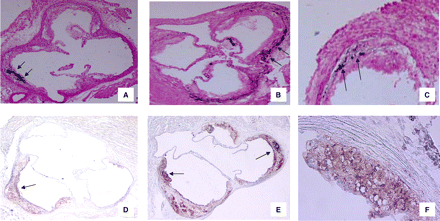Apple
Member
- Joined
- Apr 15, 2015
- Messages
- 1,267
I actually meant dairy as a source of calcium that it is probably not for everyone. I assume they rely on fish, greens, hard water (in certain provinces) and seeweed as a source of calcium in Japan. Nordic european countries (with high dairy consumption) also have high rate of osteoporosis.You have to consider also that while they don't suffer from calcification more than any other country, the probable tradeoff is that with the low calcium intake, they would be suffering from osteoporosis later in life.
Fujita underscores that physical exercise is very important for calcium retention and you have to be low stress (happy) to absorb calcium.
BTW, physical exercise (acute or chronic) boosts the levels of Vitamin D.
I'm attaching his book where he discusses PTH and aging (p.349) and lots of other cool stufff...
Apparently PTH raises with age as renal function declines.
Interestingly , food restriction is pretty effective in reducing PTH (and preventing bone loss) and increases longevity (in mice) . Replacing protein (casein) with soy protein was also pretty effective in delaying aging and bone loss.
Attachments
Last edited:


